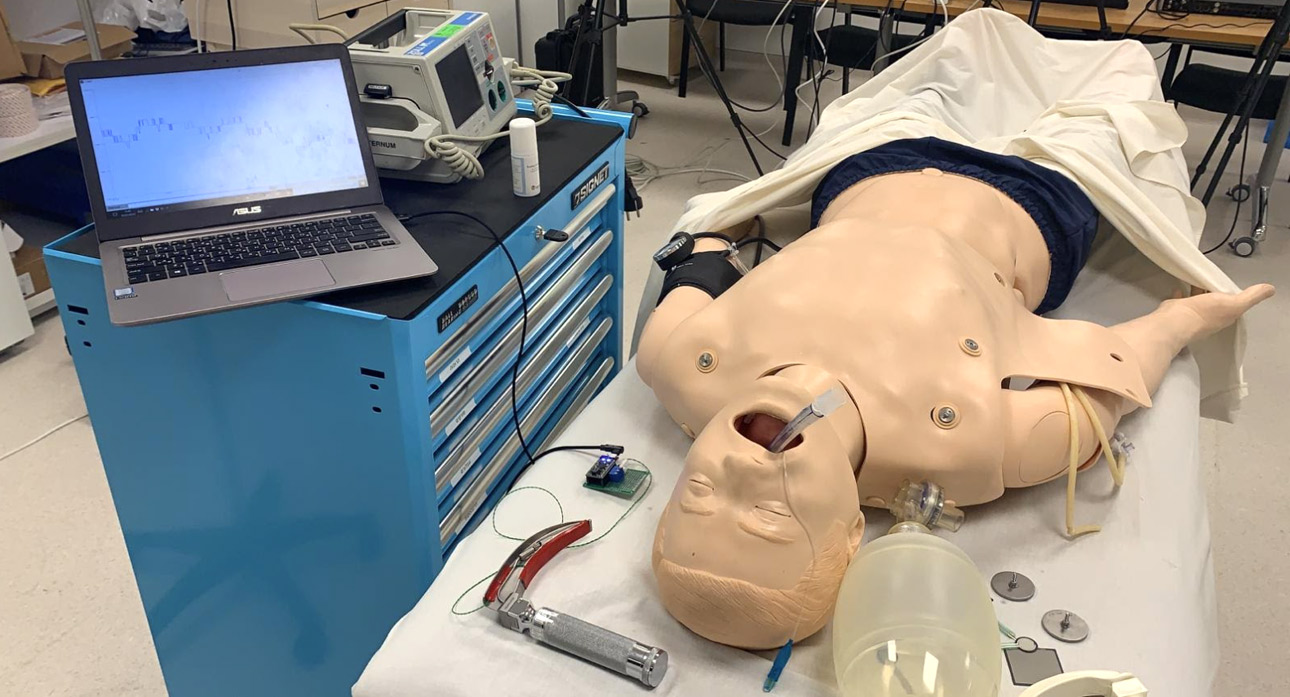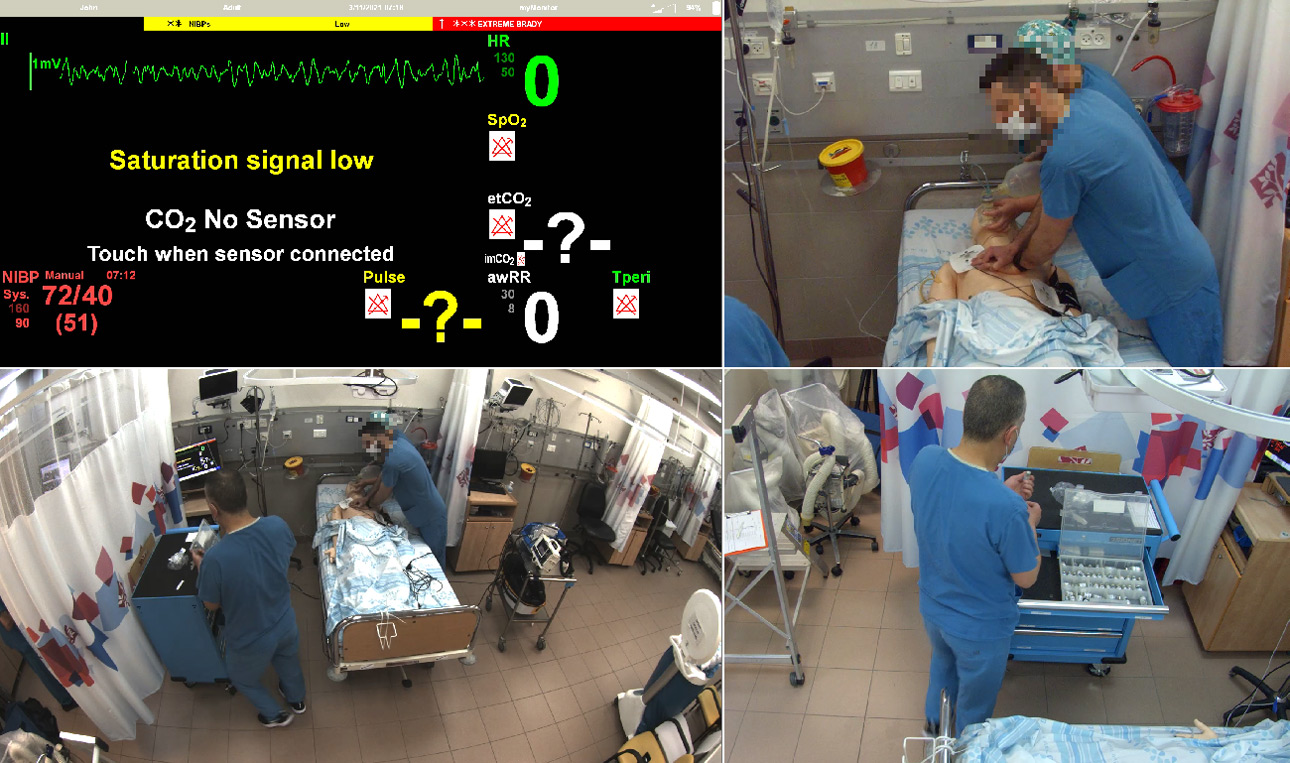 Autonomous Simulators
Autonomous SimulatorsIn critical and complex life-and-death situations, such as during complex resuscitation procedures, anesthesiologists’ decision-making is of utmost importance. Clinical Decision Support Systems (CDSS) should recognize the plans of medical personnel and provide useful advice in a timely manner. This requires the system to accommodate a certain level of awareness and understanding which will not affect clinicians’ work except in cases it is required. In addition, the system must be robust to diagnostic ambiguity and to chaotic environments. In our research, we generated a CDSS which monitors medical personnel during complex resuscitation procedures.

Our action recognition is based on a technique for mining speech uttered during medical simulations to automatically create plans of resuscitation procedures. From these plans, we leverage graph convolutional networks to automatically construct a plan library. We then use this plan library in a sequential decision making process to decide which advice to offer, if any. Specifically, our system can predict when certain medical instruments will be required, and suggest to prepare them in advance, saving precious time.

In the future, this approach may be implemented in the operation room and emergency room. This could facilitate the development of automatic assistive technologies for these domains.